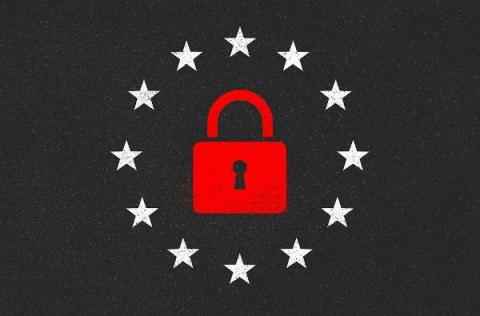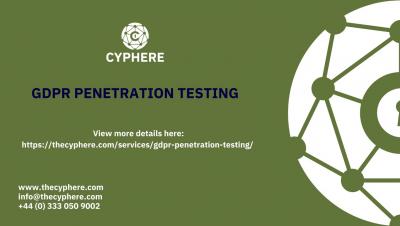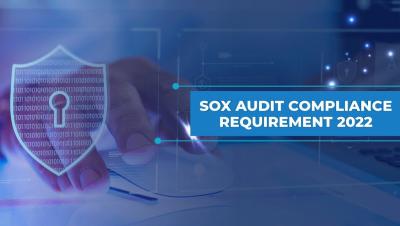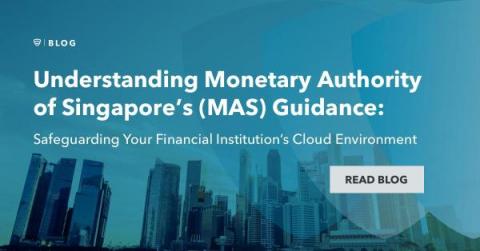Data Protection 2022: New U.S. State Laws Reflect Convergence of Privacy and Security Requirements
Many countries around the world recognized Data Protection Day in January — a day that highlights the importance of protecting individual privacy and data against misuse. The U.S. celebrated Data Privacy Day, where privacy and security have often been seen as two separate issues. This is evidenced by the way law has historically developed.









